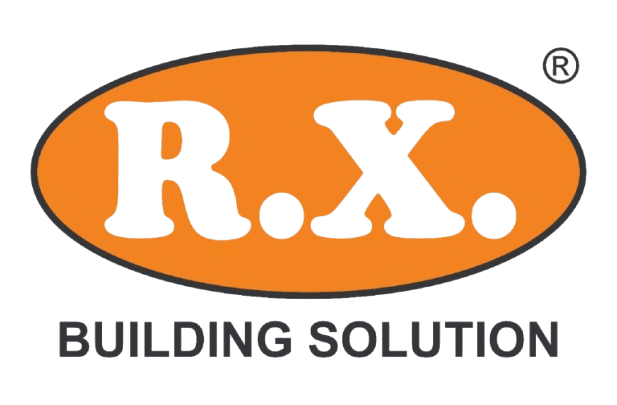FRP (Fiber Reinforced Plastic) gully gratings have emerged as a reliable and durable alternative to traditional metal gratings, particularly in wet environments. Their resistance to rust and corrosion makes them ideal for use in stormwater drainage systems, coastal areas, and industrial settings where exposure to moisture and chemicals is a concern.
- Why FRP Gully Gratings Are Rust-Proof
Traditional metal gratings are susceptible to rust when exposed to water and air over time. FRP, on the other hand, is composed of polymer resins reinforced with fiberglass, making it inherently resistant to corrosion. Key reasons why FRP gratings are rust-proof include:
Non-Metallic Composition: Since FRP does not contain iron, it does not oxidize or rust like steel or cast iron.
Chemical Resistance: FRP is highly resistant to acids, salts, and other corrosive substances found in wet and industrial environments.
Waterproof Properties: Unlike porous materials that absorb moisture, FRP is designed to repel water and maintain structural integrity over time.
- Benefits of FRP Gully Gratings in Wet Environments
Because of their rust-proof nature, FRP gully gratings provide several benefits in moisture-prone settings:
Longevity: With no risk of rust, FRP gratings last significantly longer than traditional metal alternatives.
Low Maintenance: Unlike metal gratings that require regular treatments to prevent rust, FRP requires minimal upkeep.
Slip Resistance: The textured surface of FRP gratings enhances traction, reducing the likelihood of slips and falls in wet areas.
Lightweight and Easy to Handle: FRP gratings are much lighter than metal, making them easier to transport and install in various locations.
- Ideal Applications for FRP Gully Gratings in Wet Conditions
Stormwater Drainage Systems
Used in roads and urban drainage to prevent water accumulation.
Resistant to long-term exposure to rain and groundwater.
Coastal and Marine Environments
Perfect for docks, harbors, and waterfront areas where saltwater exposure is constant.
Prevents degradation caused by salt corrosion.
Industrial and Chemical Facilities
Suitable for wastewater treatment plants and chemical processing units.
Withstands exposure to corrosive chemicals and industrial liquids.
- Installation and Maintenance
Installation Steps
Prepare the Site: Ensure the area is level and free of debris.
Position the Gratings: Place them securely over drainage openings.
Fasten Securely: Use corrosion-resistant bolts to keep them in place.
Final Inspection: Verify proper alignment and stability.
Maintenance Tips
Regular Cleaning: Remove debris to maintain optimal drainage.
Immediate Repairs: Replace damaged gratings as needed to ensure safety.
Conclusion
FRP gully grating are an ideal solution for wet environments due to their rust-proof, durable, and low-maintenance nature. Whether used in drainage systems, marine settings, or industrial applications, FRP gratings provide long-term reliability, safety, and cost-effectiveness. By choosing FRP, industries and municipalities can ensure efficient water management without the concerns of corrosion or frequent replacements.
